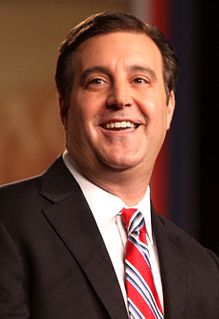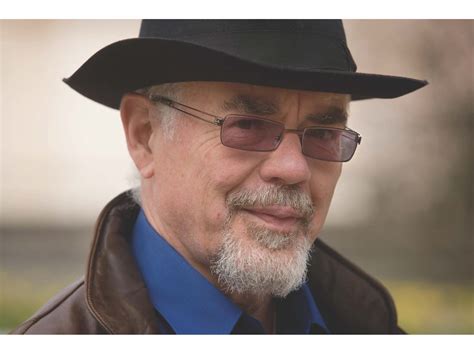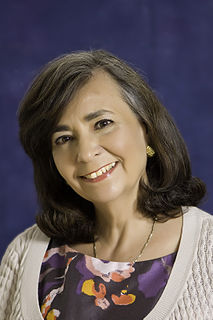A Quote by Sam Harris
Strange bonds of trust and self-deception tend to grow between journalists and their subjects.
Related Quotes
What is the most fascinating kind of self-deception to me, and a kind that isn't necessarily unhealthy, is what Friedrich Nietzsche called "strategic self-deception." The kind of self-deception that you can engage in with your eyes wide open. You do it because you say, "There's things that I couldn't accomplish without this kind of self-deception."
If... deceit is fundamental to animal communication, then there must be strong selection to spot deception and this ought, in turn, to select for a degree of self-deception, rendering some facts and motives unconscious so as not to betray - by the subtle signs of self-knowledge - the deception being practiced.' Thus, 'the conventional view that natural selection favors nervous systems which produce ever more accurate images of the world must be a very naive view of mental evolution.
...self-important western journalists who'd given up their sacred trust to become cheerleaders for trendy causes, the way communist journalists had once been cheerleaders for the government...They were depriving the free world of its most valuable weapon in condemning and exposing the worst human scourge since Nazism: the targeting and murder of civilians to achieve political and religious ends.
That's the old AA maxim, "Always have a drink in your hand and you'll never want a drink." That's one of the most classic deceptions in the literature: "I'll take a drink tomorrow." I actually don't think that's necessarily a very helpful maxim in AA, but it's a very good maxim in showing how strategic self-deception can be employed, even self-consciously. That's the amazing thing, to me, about self-deception.

































